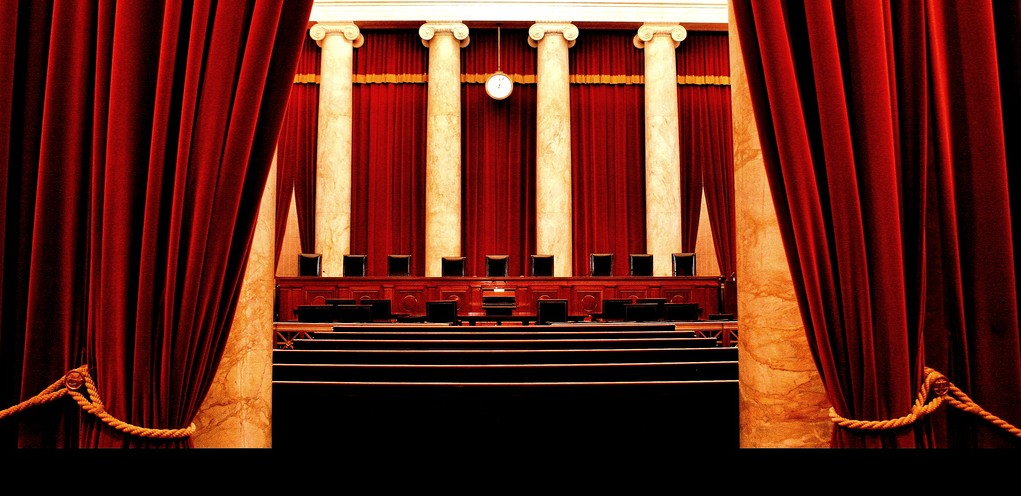The Eleventh Circuit has issued 6 published opinions in the past 2 weeks:
Evans v. Sec’y, Dep’t of Corrections
Denial of habeas petition affirmed; ineffective assistance of counsel argument failed where the allegedly omitted evidence of a capital murderer’s mental health problems – including antisocial personality disorder, cocaine and alcohol abuse, many drug and firearm related crimes, and history of escalating violence particularly toward women – was likely to be more harmful than helpful if introduced as mitigation during the penalty phase of his trial.
Vacating the Board of Immigration Appeal’s (BIA) decision to overturn the immigration judge’s (IJ) factual findings (particularly the finding that Zhu would likely be forcibly sterilized upon returning to China) because the BIA conducted its own de novo review of the evidence; the proper standard of review for an IJ’s factual findings is clear error.
Guilty plea and prison sentence for unlawful reentry affirmed. (1) By pleading guilty, the accused waived his argument that the district court erred when it accepted his guilty plea and enhanced his sentence for having been removed following a conviction for an aggravated felony. (2) The accused’s argument that the district court erred when it increased the offense level under the Sentencing Guidelines for having been convicted of a “crime of violence” before his removal was foreclosed by prior precedent. United States v. Romo-Villalobos, 674 F.3d 1246, 1251 (11th Cir. 2012). (3) The district court did not err when it increased his criminal history by 2 points for his prior disorderly intoxication conviction. Disorderly intoxication is more similar to a conviction for disorderly conduct, which may be counted in an accused’s criminal history score, than to a conviction for public intoxication, which is never counted.
An accused’s prior conviction for intentional vehicular flight from an authorized law enforcement patrol car in violation of Florida law is a violent felony for purposes of enhancing the accused’s sentence pursuant to the Armed Career Criminal Act, 18 U.S.C. § 924(e).
Fla. Transp. Servs., Inc. v. Miami-Dade Cnty.
The Miami Port Director’s stevedoring permit practices were not even-handed and were designed to prevent entry into the market by new stevedore companies, burdening interstate commerce without local benefit in violation of the dormant Commerce Clause.
Smith v. Comm’r, Ala. Dep’t of Corrections
The petitioner’s habeas corpous petition was not timely filed within the 1-year statute of limitations provided by the Antiterrorism and Effective Death Penalty Act (AEDPA). The petitioner’s application for state post-conviction relief did not statutorily toll AEDPA’s 1-year filing deadline where the petitioner had not properly filed his state petition within the 1-year deadline. Moreover, the deadline was not tolled on equitable grounds due to the petitioner’s attorney’s conduct.
The Court issued 47 unpublished opinions in the last 2 weeks; those are available here.
*Notably, Honorable Sandra Day O’Connor, Associate Justice (Retired) of the United States Supreme Court, sat by designation in these cases.
